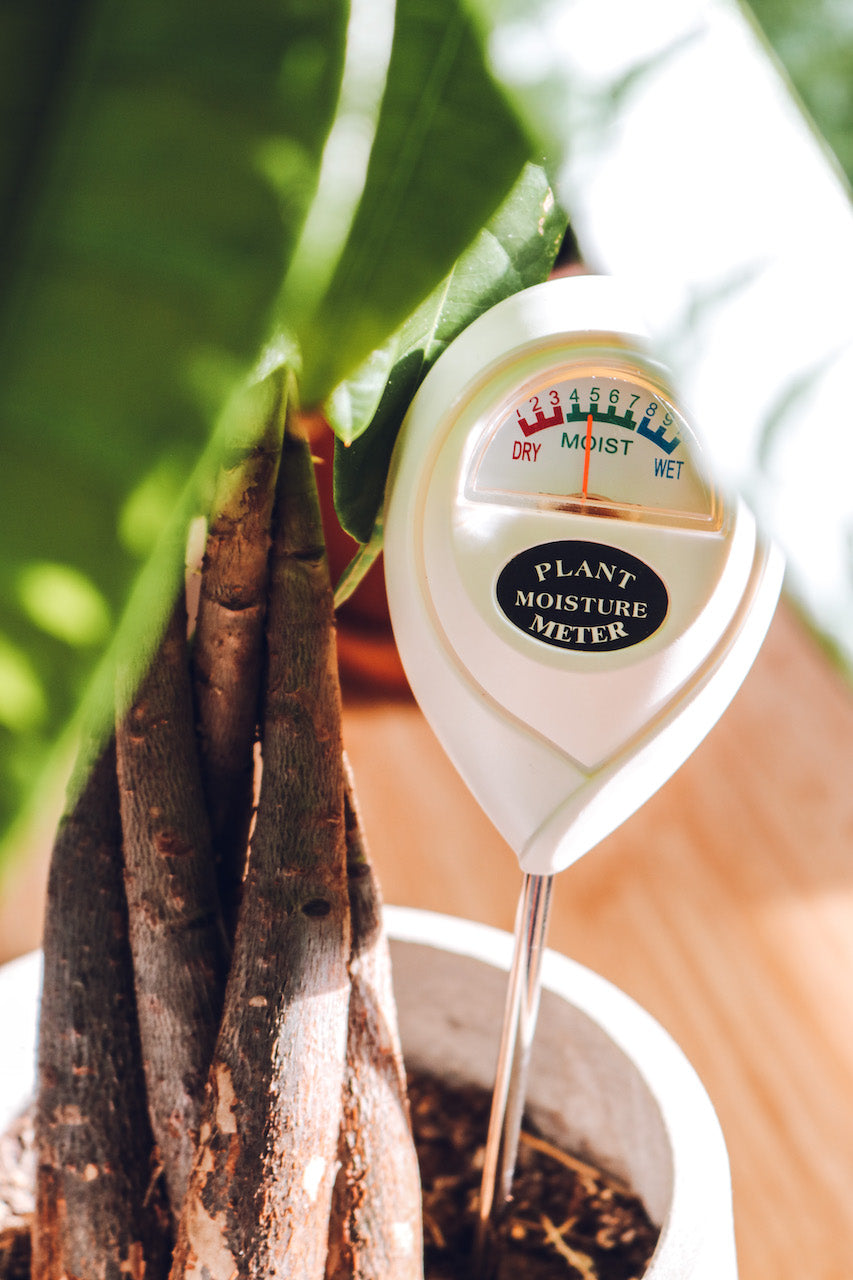Just How a Moisture Meter Can Assist You Keep Ideal Problems in Your Home or Workplace
Just How a Moisture Meter Can Assist You Keep Ideal Problems in Your Home or Workplace
Blog Article
The Ultimate Overview to Wetness Meters: A Comprehensive Introduction and Just How They Can Save You Money
Moisture meters serve as essential tools in detecting and monitoring moisture content in products, aiding in protecting against costly damages and ensuring the quality of items. Understanding the subtleties of different kinds of dampness meters, their applications, and the prospective cost-saving advantages they offer can be a game-changer for organizations and experts alike.
Sorts Of Wetness Meters
Numerous types of moisture meters are available for different applications in various sectors. One typical kind is the pin-type dampness meter, which determines the electrical resistance between 2 pins put right into a product. This type is suitable for timber, drywall, and other structure materials. Pinless wetness meters, on the other hand, usage electro-magnetic sensing unit plates to check a larger location without creating damages to the material's surface area. Moisture Meter. These meters are suitable for promptly examining moisture levels in big areas such as wall surfaces and floors.

Infrared wetness meters measure the thermal buildings of a product to establish its moisture web content non-invasively, making them beneficial for applications where pin or pinless meters may not be suitable. Understanding the different types of moisture meters readily available can aid markets pick the most appropriate device for their certain moisture dimension demands.

Benefits of Using Wetness Meters
Dampness meters use very useful advantages in properly assessing and keeping an eye on dampness levels in varied materials and environments (Moisture Meter). One of the primary advantages of making use of moisture meters is the avoidance of prospective damage triggered by excess moisture. By finding and attending to high dampness degrees beforehand, moisture meters help to stop mold and mildew development, rot, and architectural damages in structures, conserving both time and cash on repairs. Furthermore, wetness meters help in guaranteeing the quality of products during construction or production processes. By accurately determining dampness content, these devices help keep the stability of timber, drywall, concrete, and various other products, decreasing the risk of failures or defects.
Moreover, utilizing wetness meters can result in increased energy performance. By recognizing locations with high wetness levels, such as leakages or poor insulation, changes can be made to enhance energy preservation and lower energy costs. In agricultural settings, moisture meters play an essential function in enhancing crop yields by allowing farmers to keep track of soil moisture levels and make informed irrigation choices. On the whole, the advantages of using moisture meters span throughout various industries, offering cost-efficient solutions and promoting much better quality assurance techniques.
Exactly How to Pick the Right Moisture Meter
When choosing a wetness meter, it's essential to make certain that the meter is suitable official site for the details product you will be testing. Different products have differing electric buildings that can impact wetness readings, so picking a meter designed for your product is essential for accurate outcomes. By meticulously reviewing these aspects, you can pick a dampness meter that fulfills your needs and offers accurate moisture dimensions for your projects.
Proper Strategies for Moisture Meter Usage

Cost Cost Savings Via Dampness Meter Applications
Exactly how can the strategic use of dampness meters lead to substantial cost savings across different sectors? Dampness meters play a vital duty in cost savings by protecting against potential damage and making sure quality assurance in various sectors. In the farming market, wetness meters aid in establishing the optimum time for gathering crops, preventing over-drying or excess wetness that can impact the last product's high quality. This precise tracking helps farmers stay clear of unneeded losses and optimize their return.
Likewise, in building and construction, moisture meters aid protect against expensive problems by detecting dampness levels in building products, such as wood or concrete, which can bring about architectural concerns if not attended to quickly. By recognizing problem locations beforehand, specialists can take corrective procedures to stay clear of comprehensive repair services or substitutes, ultimately conserving money and time.
Additionally, in the food handling sector, moisture meters are vital for checking product quality and making sure conformity with safety policies. By precisely gauging wetness content in food products, suppliers can stop wasting, maintain quality, and lower waste, resulting in considerable cost savings. Generally, the tactical application of wetness meters is an important investment that can lead to significant price decreases and boosted performance across various industries.
Verdict
In conclusion, dampness meters are valuable devices for discovering and measuring dampness degrees in numerous materials. By utilizing the right moisture meter and adhering to proper methods, individuals can efficiently prevent costly problems caused by excess dampness.
Moisture meters offer as essential tools in finding and keeping track of moisture material in materials, assisting in stopping pricey damages and guaranteeing the top quality view website of items. Infrared moisture meters gauge the thermal homes of a product to determine its dampness web content non-invasively, making them beneficial for applications where pin or pinless meters might not be suitable.Wetness meters supply vital benefits in precisely evaluating and keeping an eye on dampness levels in varied materials and atmospheres. In farming setups, dampness meters play an important duty in maximizing crop yields by allowing farmers to keep an eye on dirt dampness degrees and make informed irrigation decisions.In final thought, wetness meters are beneficial tools for gauging and detecting wetness levels in different products.
Report this page